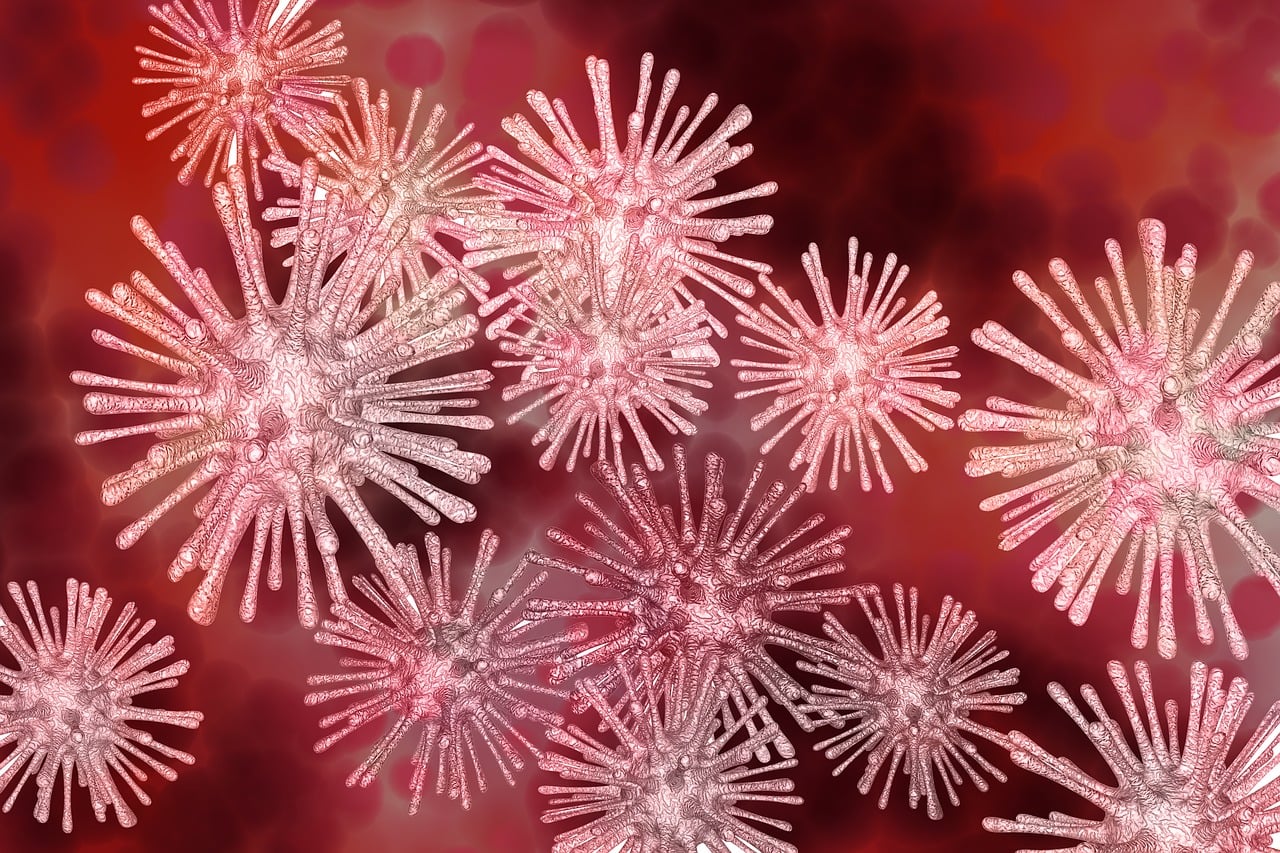It’s no secret that athletes train a lot to achieve their amazing results, but what is the boundary that sets average athletes apart from elite ones? As hard it is to believe, new research suggests that physical performance may be determined by the activity of bacteria in our guts. Does this mean we should start consuming bacteria to perform better?
According to a new study published on Monday in the journal Nature Medicine, a specific group of bacteria in our guts can be more commonly seen in athletes who exercise regularly. These bacteria which appear more active after exercise could be responsible for improving physical performance.
“At the start of this project, we hypothesized that the microbiomes of elite athletes must have highly adjusted bacterial species in common that could help with their performance and recovery, and that, once identified, these could become the basis of highly validated performance-enhancing probiotics,” said author Jonathan Scheiman, a former postdoctoral fellow at Harvard’s Wyss Institute for Biologically Inspired Engineering in a statement.
Researchers from the Wyss Institute isolated certain bacteria from elite runners and now believe they result in better physical performance, according to the study. The human-derived bacteria called Veillonella was injected into the colons of 16 lab mice, resulting in a 13% improvement in performance on a treadmill test.
The scientists extracted the bacteria after analyzing fecal samples from 10 Boston Marathon runners. Their analysis revealed that the bacteria has its own process of generating energy. The bacteria in our guts break down lactic acid, which is produced much more when athletes perform energy-demanding activities like exercising or running. After they inserted the bacteria into 16 mice.
Even though Veillonella showed great results when it came to improving physical performance in those who were already physically active, it still requires a lot more study before researchers will be able to fully understand it. It’s still unclear whether the bacteria will prove safe for humans to consume it.
“The study nicely validated our original hypothesis and provides one of the most compelling examples of ‘metabolic symbiosis’ between the human host and microbiome that could be broadly harnessed as a probiotic strategy not only for athletes but also to improve health in patients,” co-corresponding author George Church of Harvard University and the Massachusetts Institute of Technology (MIT) said.
The study also raises a few questions, such as why the bacteria appear to be more common in people who are more active and whether taking it as a performance enhancer could be considered cheating in professional sporting events.





